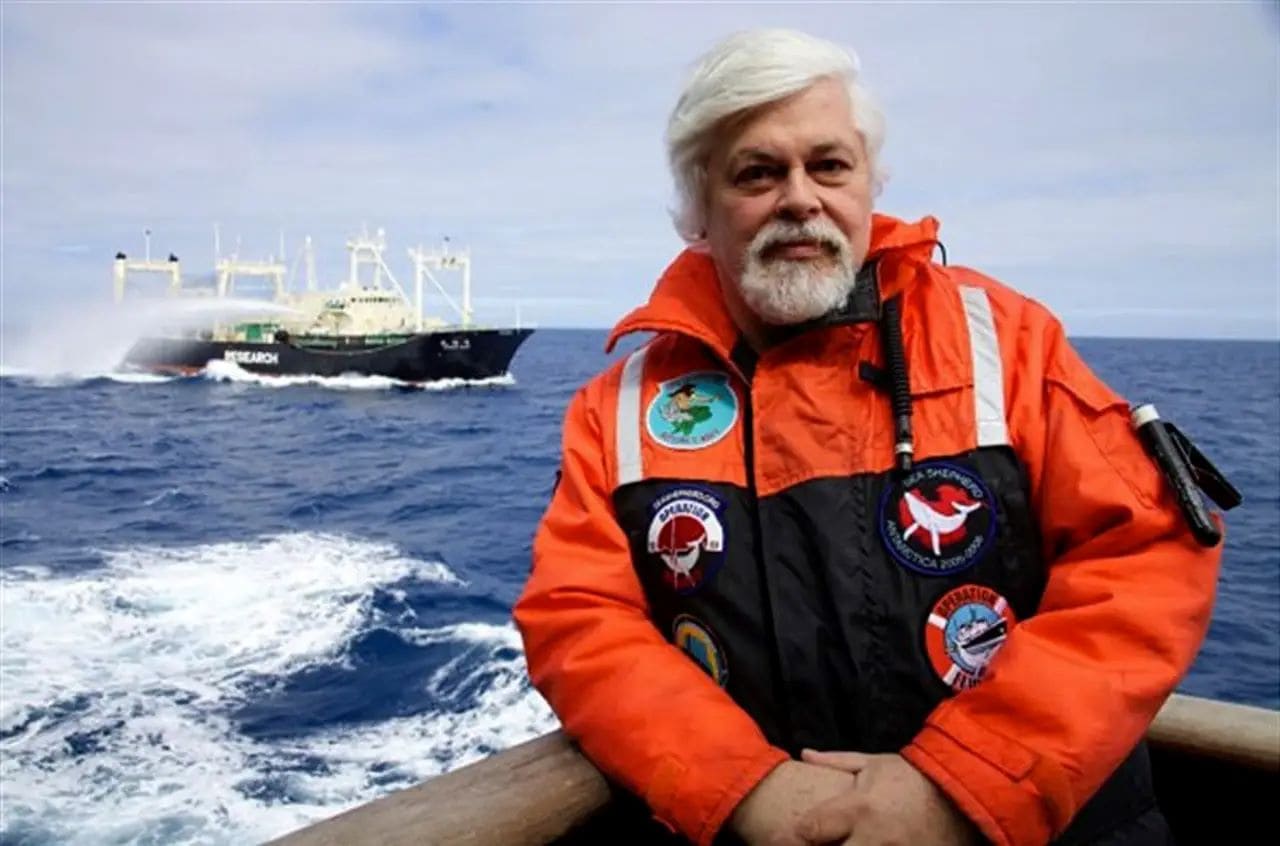After an arrest that lasted almost six months, Paul Watson, the environmentalist and fierce defender of whales and cetaceans, will finally be released. deny Japan’s extradition He had been charged while in custody in Greenland.
Paul Watson’s lawyer, the environmentalist who defends whalesannounced his release today. Watson had been in protective custody at a prison in Nuuk, Greenland, since July 21 due to an international arrest warrant issued by Japan.
The international mobilization by civil societylike many governments, strongly supported Watson’s release, which has put pressure on the Danish government not to authorize his extradition to Japan.
“From Alianza Verde,” emphasizes the federal coordinator, Juantxo López de Uralde, “we have led the pressure in Spain in favor of Watson’s release, where we deplore the government’s indifference. Despite the numerous requests we have made from Congress, and also from the European Parliament, to… The Spanish government is mediating the release of Paul WatsonNot even a statement has been made about this.
Perhaps this makes sense if the environmental movement is internally suppressed. In any case, we are very satisfied because not only did Japan not get its way, but because the figure of Paul Watson is now a bigger symbol. He Activism is not a crime and environmentalism has won towards those who insist on persecuting him.
Meeting with Paul Watson
Paul Watson It is a name that has been heard a lot on social networks lately. Not many people are familiar with his mission, but he is a household name among environmentalists and animal rights activists. As a founding member and leader of the Sea Shepherd Conservation Society, Watson is a emblematic figure in the fight to protect the oceans and marine life at any cost.
At an early age, Watson developed a deep connection with nature and an unwavering passion for defending defenseless animals. In his own story, he says that at the age of eleven he was deeply shocked to witness the brutality of commercial beaver hunting in Canada.
This incident prompted him to join the International Fund for Animal Welfare (IFAW) organization, where he actively participated in campaigns for end of seal hunt. Later, in 1972, Watson joined Greenpeace and quickly became one of the most prominent figures in the environmental movement.
An all-out fight against whalers and illegal fishing
During his time with Greenpeace, Watson led bold protests, including physically intervening whalers and their prey. These tactics, while effective in drawing attention to the case, earned him the nickname “The Whale Madman” and caused conflict within the organization.
“My philosophy has always been to protect animals at all costs,” Watson says firmly. “If it is necessary to use force to stop illegal hunting or fishing, I will do so without hesitation. For me, the defense of the environment and marine life even justifies the use of controversial methods.
After leaving Greenpeace in 1977, Watson founded the Sea Shepherd Conservation Society, an organization specifically dedicated to the protection of the oceans and their inhabitants. Sea Shepherd is distinguished by its aggressive and sometimes extreme tactics, such as sinking whaling ships and banning vessels involved in illegal fishing activities.
On this occasion his combat led him to land in the port of Nuuk, where he was imprisoned at the request of Japan. The country has filed an extradition warrant against Watson, which has just been rejected by Denmark released him.

